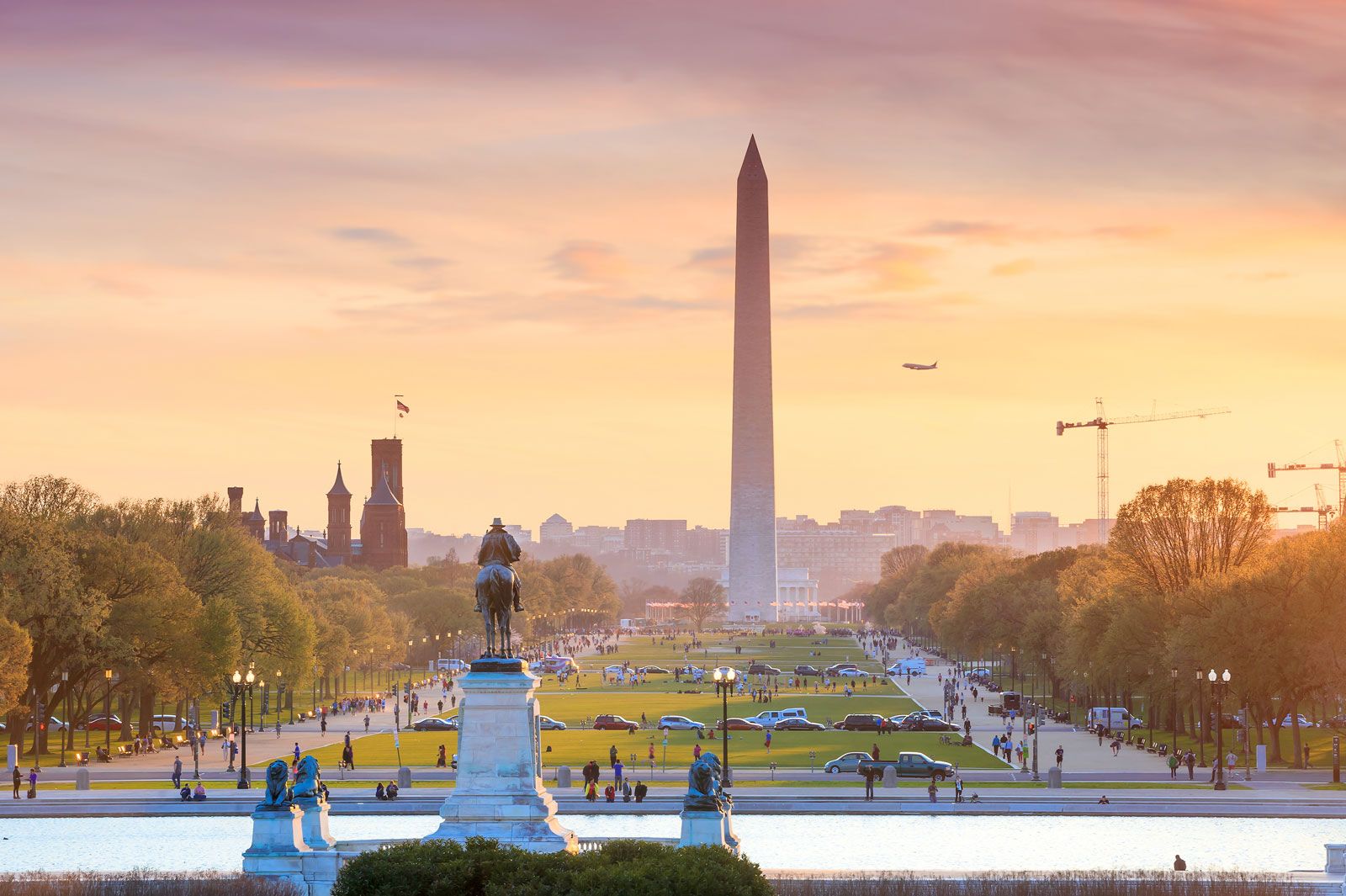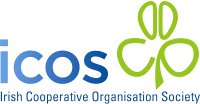
Damien O'Reilly
EU Affairs and Communication Manager, ICOS
Letter from Brussels - October 2023

It’s estimated that there are over 25,000 lobbyists working here. In a healthy democracy, lobbying is important and vital work. Legislators cannot propose legislation without consultation first and that is where businesses, trade unions, charities and other so-called non-governmental bodies come into play. Collectively, in places like Brussels and Washington, they are known as lobby groups. Their job is to try to influence legislation. That may sound worse than its actual purpose but there is nothing wrong with wanting to have an influence in decision-making. It is important for all facets of society. We do it when we vote, be it in a general election or on motions at the local sports club AGM. But it can also be used as a weapon in debate or as a pejorative insult. Where one interest group disagrees with the aims of another, the term “powerful lobby” is triggered to paint a picture of the ordinary person getting walked on by the more powerful.
A good example of this is evident in the growing and unnecessary culture war between environmentalists and farmers. It is not just in Ireland but right across Europe that agriculture and the environment are hopping off each other. The ongoing Nature Restoration Law debate is an example of such divisiveness. Environmentalists like to be called campaigners or advocates while farmer representatives are labelled by environmentalists as powerful lobby groups. It’s an ironic use of words, considering the fastest-growing lobby group in the EU is arguably from the broad environmental family. It is becoming clear here in Brussels that, collectively, environmental lobbyists are quietly gaining huge power and influence. That is fine too. The EU needs a strong environmental lobby like never before.
Frans Timmermans has stepped down as EU Commission vice-president to make a run for Dutch Prime Minister, but he is seen as the classic personification of a side of that incremental growth which has not been very farmer friendly. Where farmers might, in good faith, dare to question some of these policies, they are accused of being in climate denial, or worse, 'lurching to the far right'. Put simply, in my view, this is gaslighting farmers.
The EU has seldom faced so many diverse challenges at once: war in Ukraine, climate change and severe weather events, migration, and the threat to food security. Farmers and food producers are very much part of the front line in finding solutions to the threats posed. So, never has it been more important that they have a voice, a strong lobby around the EU table, especially when they are being asked to change the way land is farmed, reduce emissions, protect biodiversity, and continue to supply citizens with safe, traceable, and affordable food. Why would anybody wish to weaken that influence in the decision-making process at this critical juncture?






